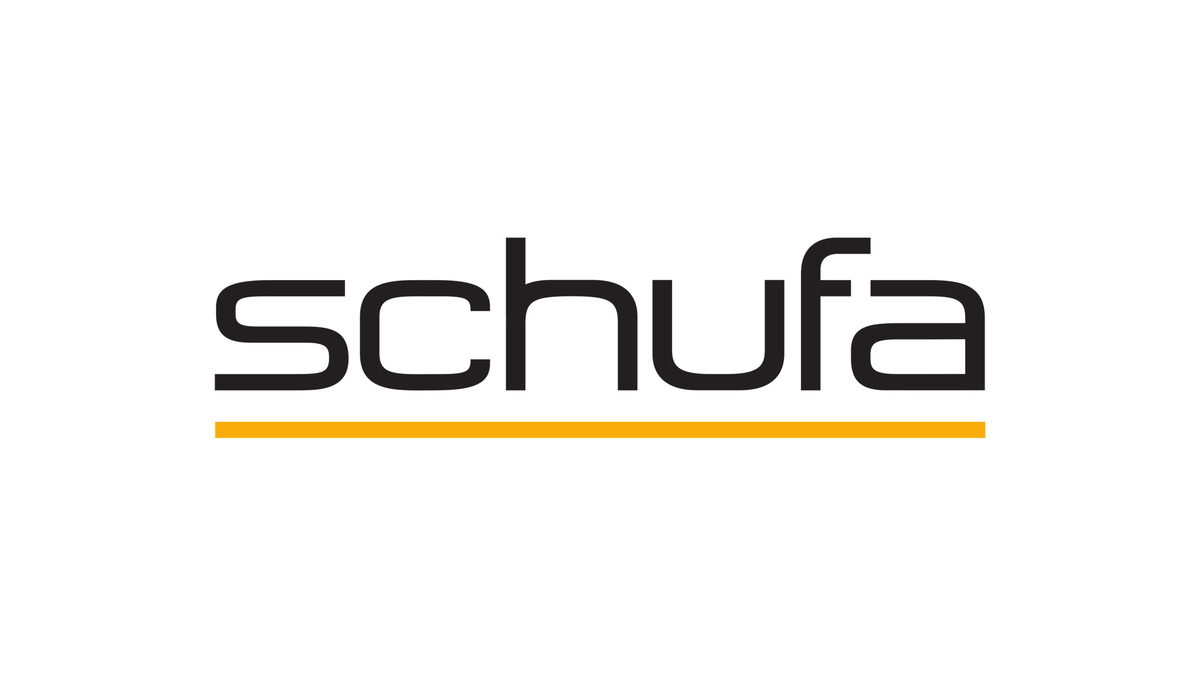When concluding contracts, financing and loans, Schufa information is usually required to assess your financial credibility. If it turns out that this will be negative for you, then many providers and banks will refuse your apartment or loan application. But before you look for funding alternatives, you should look into your Schufa files, check them and delete illegal entries in order to improve your score.
What is oatmeal and what is stored there?
Schufa is Germany’s leading credit agency, which collects and evaluates all credit-related data from around 66 million people and over four million companies. This data includes all the information about your payment behavior: whether and what contracts you have entered into, whether loans are open and paid on time or whether you are in personal bankruptcy. The processes are divided into positive, neutral and negative Schufa entries. All entries together result in a personal credit score. The more positive it is, the better your chances of getting a (cheap) loan.
Exactly how long the entry is stored in the Schufa file is regulated by law. If the entries are positive or neutral, such as simply noting a condition application for a loan, the conclusion of a new mobile phone contract or the opening of an account, this entry is usually deleted after twelve months.
Negative Schufa entries are made for a longer period of time: if you do not meet the contractually agreed payments, the note remains on file for three years. The period only begins when you have paid the outstanding claim in full. In the case of personal bankruptcy, there is a six-year procedure before the three-year period that leads you out of bankruptcy – the corresponding negative Schufa entry remains in place for nine years. Once the deadline has passed, the entry is usually automatically deleted by Schufa.
Good to know: Loans paid on time will also be recorded on your Schufa file for three years.
In principle, negative Schufa entries can only be deleted early or immediately if they meet one of the following criteria:
- There error,
- It is a wrong entry,
- Old entry or
- Unauthorized entry.
To report an error or delete an old entry, please contact the credit agency directly. You must report incorrect or unauthorized entries to the relevant creditor and provide evidence of the error. The creditor must cancel the entry with Schufa, and Schufa then arranges the immediate deletion.
In accordance with Article 15 of the General Data Protection Regulation (GDPR), you as a consumer have the right to view your Schufa files. You can order a copy of your data online for free – the so-called Schufa self-assessment. This is recommended at the latest if you plan to apply for a loan, for example. If only you are able to identify the incorrect entries mentioned above and remove them in time.
Once you receive the data copy, check all negative Schufa entries and, if necessary, arrange for them to be deleted. If legitimate open claims appear in the data log, it is better to settle them immediately – such entries cannot be prematurely deleted. If all incorrect entries are corrected, your score should improve soon.
In addition to correcting incorrect entries, good push behavior is an important prerequisite for obtaining a good Schufa rating. Always pay all bills and contracts on time and on time. Additionally, there are other things you can do to prevent negative Schufa ratings:
- Talk to contracting partners and other creditors if you ever experience financial difficulties. So perhaps a non-ending solution can be found by introducing a negative Schufa.
- Do not enter into new contracts or loans that you cannot predict. It is often helpful to keep a budget journal to get an overview of your finances.
- Terminate all contracts and accounts that you don’t really need. Having multiple credit cards can also be a negative sign for Schufa. Make sure you don’t change providers too often.
- Combine several loans into one loan. It is relatively easy to do with one A debt rescheduling loan is not only a positive sign for Schufa, but it is also easy for you to supervise.
- When making a loan comparison, pay attention to the situation rather than credit inquiries. Status inquiries are classified as non-binding information about the loan and do not have a negative impact on your score if one or more of these inquiries do not subsequently result in a loan. In the case of credit inquiries, Schufa assumes rejection by the bank if no contract is subsequently entered into.
Rescheduling loans and improving creditworthiness:
Every bank in Germany is obligated to obtain Schufa’s information about the applicant. However: in addition to creditworthiness, banks also apply other evaluation criteria when granting loans, so that it is worthwhile to conduct an investigation even with a negative Schufa entry. Because providers also weight individual criteria differently, rejecting one bank doesn’t necessarily mean rejecting all banks – so try your luck with several providers.

“Certified gamer. Problem solver. Internet enthusiast. Twitter scholar. Infuriatingly humble alcohol geek. Tv guru.”





